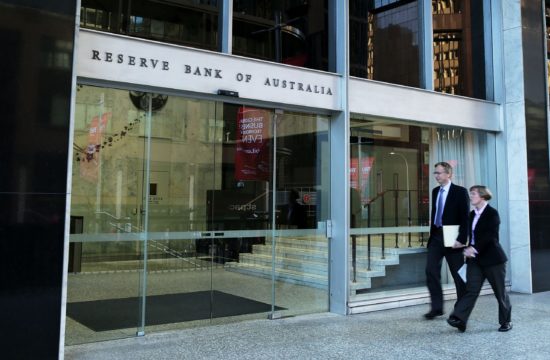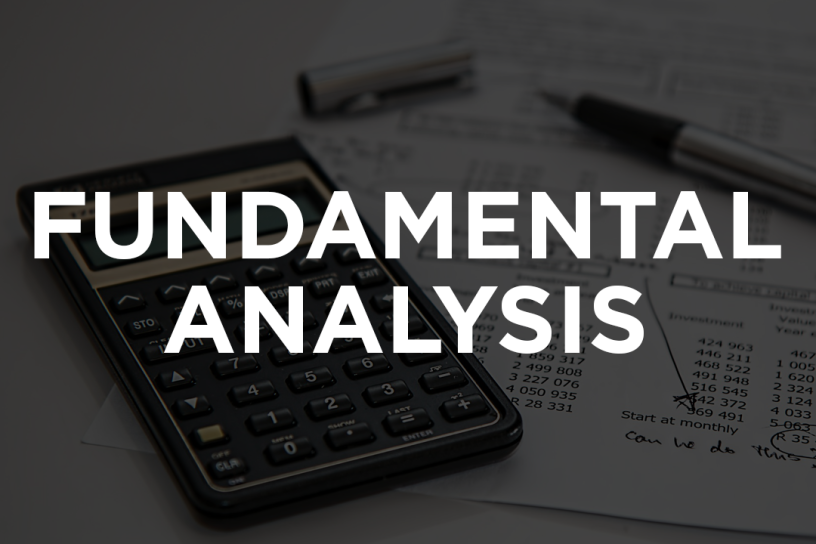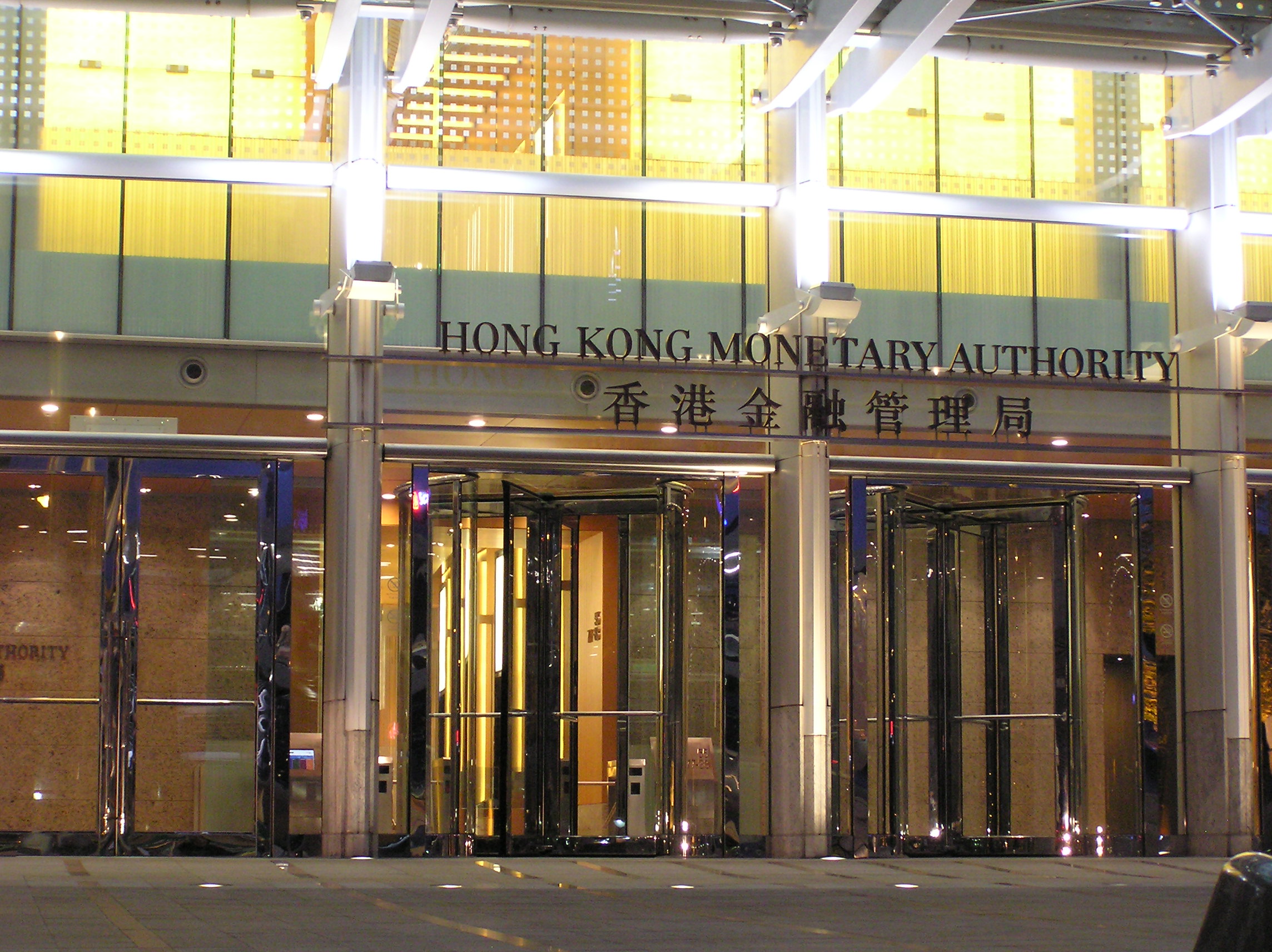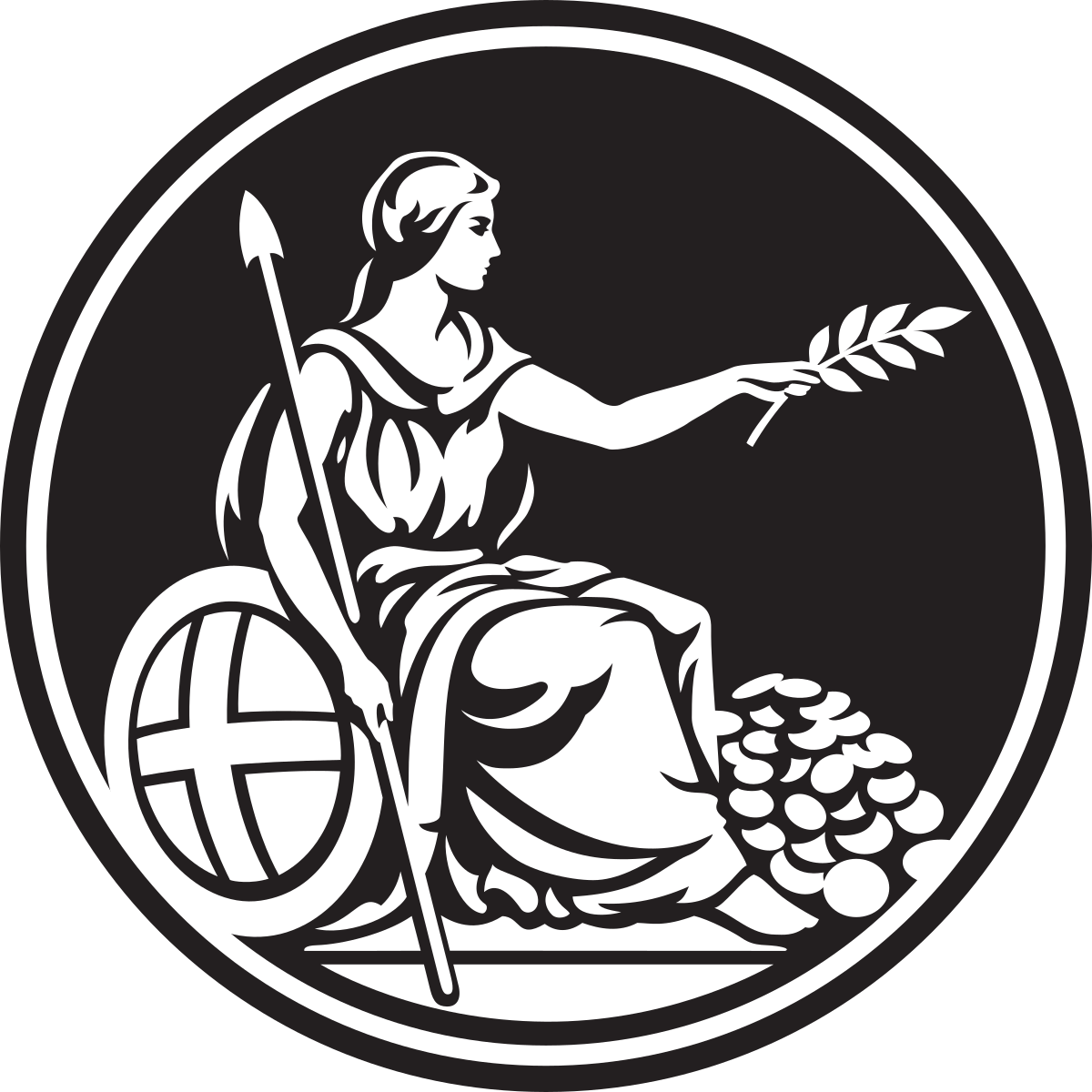Mugur Isărescu,
Governor of the National Bank of Romania
Dear colleagues,
Early this year, we found ourselves during challenging times, under an awful threat of medical
nature, which has affected our lives, as well as the global economy. Many sectors have
experienced sudden stops. The negative effects of COVID-19 pandemic have required the
adoption of comprehensive and coordinated packages of measures in order to respond to
lockdowns and deterioration of economies, trying at the same time to establish grounds for
future opening up and strategies for restarting the activities.
Recent history has shown us that central banks have always exerted their full functions within
mandate to support countries and people to overcome the economic effects of wars,
catastrophes and disasters of any kind. These trying times make no exception. The outstanding
cooperation within the framework of the prestigious Bank for International Settlements, of its
remarkable members and management, will stand proof for deepening our commitments that
bind us all.
On a more positive note, I wish to let you know that the National Bank of Romania celebrates
today its 140 year anniversary. The day of April 29th has a strong historicalsignificance. Since mid19th century, the Romanian society had witnessed swift, in-depth social, economic, political and
institutional changes. So, steps were taken to found a central bank, drawn on the statutory
principles of Banque de France and the National Bank of Belgium. On April 29th 1880, the Law on
the establishment of a discount and circulation bank, i.e. the act laying down the setting up of
the National Bank of Romania, was published, ranking our institution among the first modern
central banks.
We hold dear the memory of our founding fathers. We honour them each year, but now I wish
to commemorate two of them: the Prime Minister of those times, Ion C. Brătianu, whose
commitment and great efforts materialized in the cornerstone law for the establishment of
Romania’s central bank as a modern institution for “monetary circulation and a solid credit
system” and the the artisan of the National Bank of Romania Eugeniu Carada, advisor to the
Prime Minister, a man of deeds, rather than words. Eugeniu Carada took up the strategic mission
to achieve the establishment of our central bank, had a clear vision of its role and set up a sound
and modern credit system to foster loans and investments. By implementing modern
instruments and policies for those times, the National Bank of Romania also contributed to the
expansion of financial intermediation and the dissemination of financial education, since 1880
until the present day.
Even though we are living difficult times, we should remember that we share a common
institutional collective memory. The National Bank of Romania has been a member of the Bank
for International Settlements since its establishment, on January 20, 19301
, when the Final Act of
the Second Hague Conference2 was adopted. On behalf of all my colleagues in Romania, we
salute the great endeavours of all the predecessors that steered the global banking and finances
in the last 90 years and overcame major challenges and financial and economic crises, to foster
enhanced preparedness for future times.
Starting with 1 January 2007, when Romania joined the European Union, the National Bank of
Romania became part of the European System of Central Banks (ESCB).
Such a long and substantial period hasforged the central bank into a pillar for the banking system,
building trust and ensuring reliability. The National Bank of Romania stands as a promoter of the
country’s economy, policies, society and collective spirit, national dignity and international
openness. During 140 years of eventful history, The National Bank of Romania has contributed
to Romania’s destiny and her trustworthy position on the international stage.
Every year we have been celebrating together: colleagues both from the National Bank of
Romania and other central banks around the world, colleagues from international financial
institutions, academia, historians, university students, journalists, etc. We get together to
remember those who came before us, to exchange opinions on matters of the day and imagine
the future. The current situation prevents us from meeting in person and enjoying the dialogue.
We are confident that better days are ahead and we will be able to celebrate the National Bank
of Romania together in Bucharest.
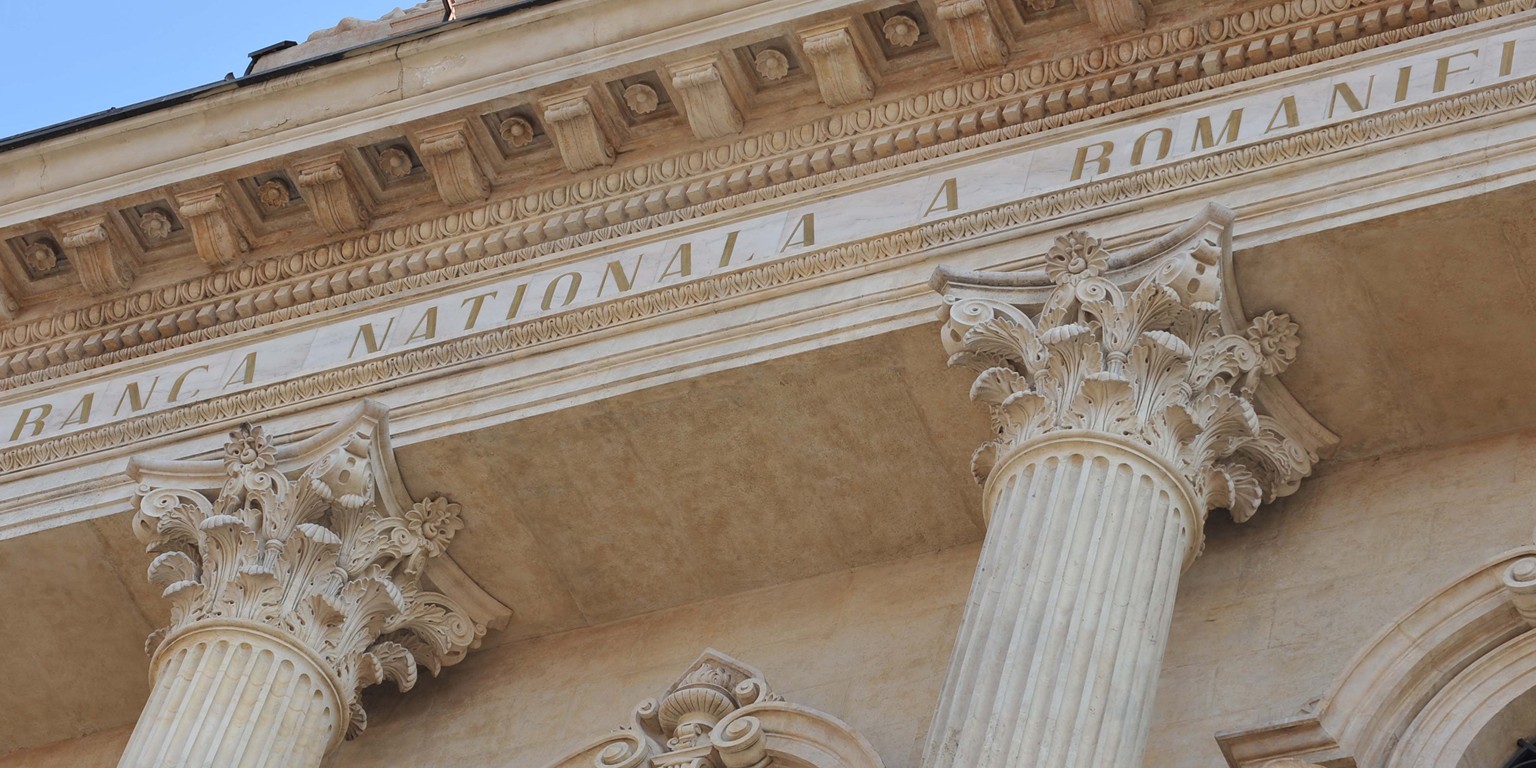
National Bank of Romania -140th anniversary
Let us know if you liked the post. That’s the only way we can improve.

